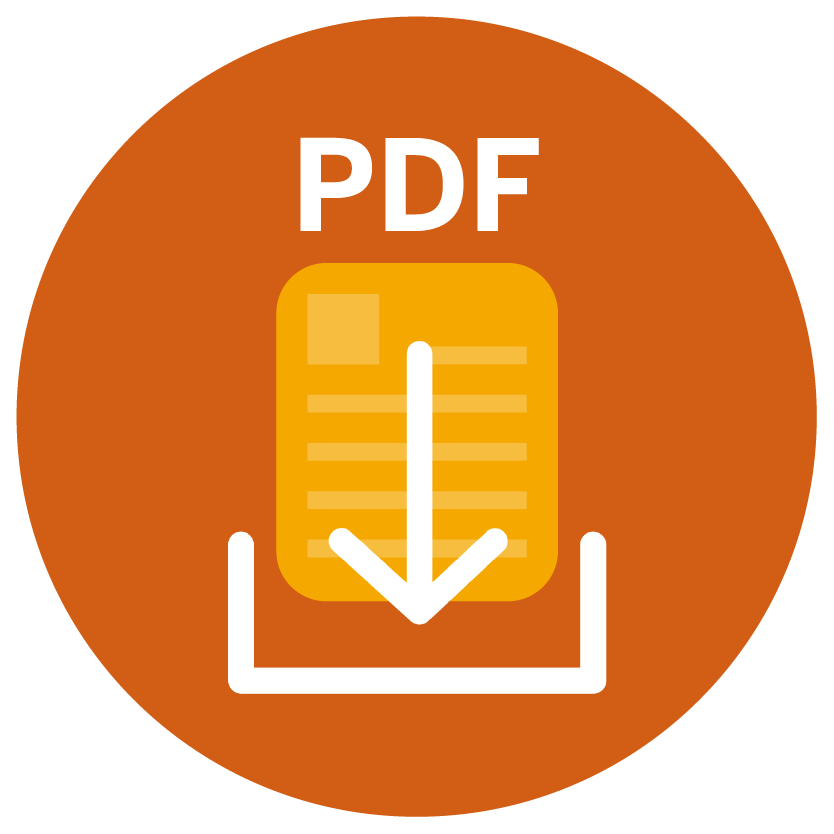
Volume XLI, No. 13 | April 11, 2019
Mentoring Millennial Masterpieces: Creating a Class on Heroes
Over the years, I have seen social media jade many of my students, so much so that I began to ask them questions about their online interactions and how they affected them. Almost without fail, my students told me that social media made them feel like underdogs or misfits, left them with a desire to be more included, and made them anxious over the amount of online blame and finger pointing they received simply for being “millennials.” This feedback became my canvas for constructing a more enlightened self-view in my students and the basis for reconstructing my public speaking course. I wanted to give today’s millennials a voice and help them see the hero in themselves.
A Renaissance Approach to Class Construction
Developed for a public speaking course, “hero” uses prescribed learning outcomes that focus on creating speeches. The assignments consist of an informative speech, a persuasive speech, and a final capstone presentation that can be informative or persuasive, fulfilling all content requirements for the course. Students also performed in-class peer evaluations and were required to evaluate a “live” speech outside of class. Besides the prerequisite materials for a regular public speaking class, the class addresses three basic questions to guide topics: What are the characteristics of a hero? Who personifies those characteristics? Can you see yourself as a hero?
Collaborate
At the beginning of the semester, I divide the class into groups of four to five students. After the third lecture, I give the student groups five minutes to come up with at least three characteristics of a hero. Then I ask students to agree on a minimum of two heroes who personify their chosen characteristics. Once these exercises are completed, I compile and share the lists of characteristics and heroes with the whole class.
Assignment 1: Informative Speech
After reviewing the collected list of characteristics and heroes who demonstrate them, I assign the first speech assignment. Students must select three characteristics from the aggregated class list that articulate their personal view of a hero. Each student then constructs an informative speech using these three characteristics to define their view of a hero, resulting in an “explain for better understanding” style speech.
Assignment 2: Persuasive Speech
The second assignment is a persuasive speech. Using the information and concepts presented in a lecture on persuasive speaking, students must prepare a speech to convince the class why a fictional, non-fictional, living, or deceased figure of their choosing is a hero. The characteristics listed in the informative speech must be the foundation of and support for defining this figure as a hero.
Assignment 3: Capstone Speech
Discussion throughout the semester seeks to engage and encourage students to define traits of heroism and identify people they view as heroes. The final exercise is designed to flip the narrative by requiring students to contextualize the characteristics and figures they have identified as heroic and draw parallels from those individuals to themselves. Effectively, this should help students see the hero in themselves.
Feedback and Commentary
At the end of the semester, I prepared a ten-question survey that asked students questions such as, “What did you learn?”, “Did you consider yourself a hero before the class?”, “Do you consider yourself a hero now? Why or why not?”, and “Do you think millennials are viewed correctly? Why or why not?”.
There was definitive common ground in student responses. 100 percent of students felt they had learned how to prepare and deliver a speech. Over 80 percent felt society viewed them negatively and agreed with that assessment. Most notably, over 95 percent did not consider themselves a hero before the course, but 100 percent did after the course.
Below are a sample comments from students following the course:
- “I do consider myself a hero because I feel like I have positively impacted other people’s lives.”
- “I would consider myself a hero now because this class helped me see the key traits heroes embody and how to embrace them myself.”
- “I do consider myself a hero now because I believe I can make a difference in this world someday.”
- “I DO consider myself a hero as I have gained the respect and likeness from my fellow peers and relatives. I never knew how much of an impact my positive decisions has had on others.”
- “I do consider myself a hero. I was able to find traits in myself I wasn’t able to find before.”
- “Yes. I consider myself to be a hero now because of the many things you taught us about what a hero can be.”
Mark Twain said, “The two most important days in your life are the day you are born and the day you find out why.” During the semester I taught this course, I underwent radiation therapy each day for nine weeks. I chose not to tell my students about this until the end of the semester. When I shared my situation with them, I also told them how proud I was of everything they had accomplished over the semester. I told them they were my heroes, and that I hoped it would be an important day in their lives when they realized they were all heroes, as well as a hero to someone else. This course was as much theirs as mine, and now I hope you will make it yours!
Archie Wortham, Professor, Speech
For further information, please contact the author at Northeast Lakeview College, 1201 Kitty Hawk Road, Universal City, TX 78148. Email: awortham@alamo.edu



Leave A Comment
You must be logged in to post a comment.